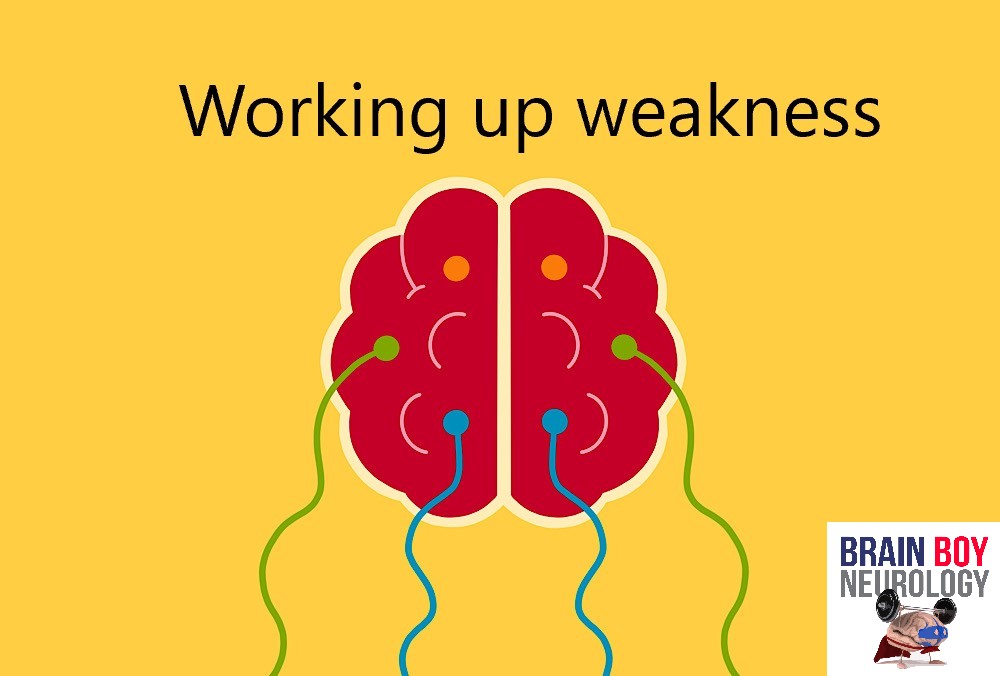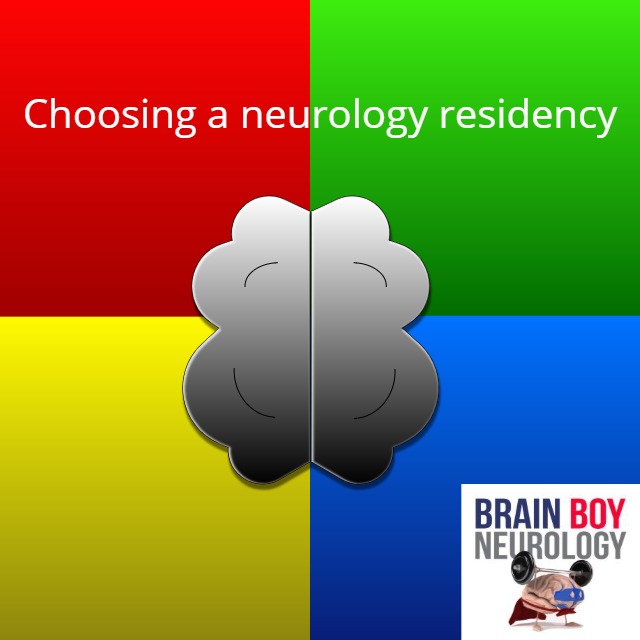Sleep deprivation is the norm in medical training. But does it have to be? I sit down with the Dr. Gabriela De Bruin to discuss the effects of sleep deprivation on residents and patients. We review the medical literature on the topic and discuss alternative work schedules. Dr. Gabriela De Bruin is a neurologist at Washington University who specializes in the treatment of patients with sleep disorders. She completed medical school at the Federal university of Ceara in Brazil and then came to Washington University for her neurology residency. After residency she completed a fellowship in sleep medicine.
Time stamps:
- 02:40: Dr. De Bruin background
- 10:08: Non-medical book recommendation
- 11:25: Sleep deprivation during residency
- 12:23: Acute vs chronic sleep deprivation
- 14:30: How much sleep should you get each night?
- 17:30: Adverse health effects of sleep deprivation
- 22:50: Sleep deprivation and cognition, attention, and motor skills
- 25:18: Sleep deprivation compared to alcohol intoxication
- 28:17: Personal perception of sleepiness
- 31:50: Research on the impact of sleep on patient care
- 35:48: Sleep deprivation and length of stay and patient mortality
- 39:30: Duty hours reform
- 44:36: Impact of duty hours on patient safety outcomes
- 48:48: Why didn’t duty hours reform improve patient outcomes?
- 51:38: Long shifts vs a night float system
- 57:50: Strategies to reduce and mitigate the effects of sleep deprivation
Disclosures:
Dr. De Bruin report no relevant financial disclosures. Brain Boy Neurology reports no relevant financial disclosures.
Links:

Weakness is the one of the most common consults we get in neurology and often the most challenging. In this week’s episode, I interview...

In this week’s episode I interview Dr. Rachel Darken on the diagnosis and treatment of migraine. Dr. Rachel Darken is a Neurologist here at...

Puzzling over your rank list? Confounded by all the choices? We’re here to help. I sit down with my co-chiefs, Matt Brier and Mysti...